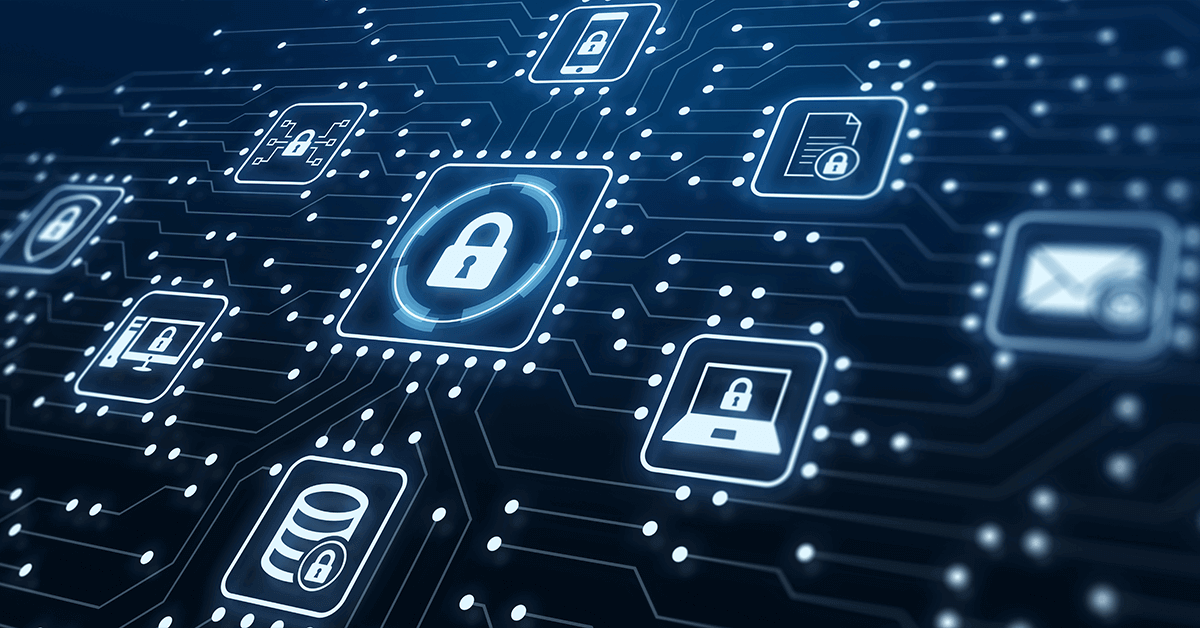The United States is tightening its relationships with allies as a way to navigate today’s complex and rapidly changing geopolitical landscape. Recent technological advancements have made it clear that cyber plays an important role in modern global conflict, and the U.S. Department of State wants to cultivate a partner ecosystem dedicated to addressing threats in cyberspace.

Find out more about the intersection of geopolitics and technology at the Potomac Officers Club’s first-ever GovCon International Summit on Oct. 10. Secure your spot at the 2024 GovCon International Summit to hear leaders in international affairs share their thoughts on top global challenges.
The State Department is approaching cyber collaboration from a wide range of perspectives. Keep reading for a look into the agency’s approach to building a global network of cyber allies.
Building “Digital Solidarity” With a New Strategy
In May, the State Department published the U.S. International Cyberspace and Digital Policy Strategy, which hopes to achieve an “innovative, secure and rights-respecting digital future.” It lists five key opportunities and challenges as well as four action areas for building digital solidarity, which the department defines as “a willingness to work together on shared goals, to stand together, to help partners build capacity and to provide mutual support.”
Challenges and Opportunities in the Digital Realm
The strategy states that digital technologies “can unlock unparalleled opportunities” to tackle major global issues such as climate change, social and economic inequality and more. It also highlights the “geopolitics of cyberspace,” which are influenced by both state and non-state actors looking to use cyberspace to disrupt important societal elements like critical infrastructure. This portion of the strategy is focused on five main topics:
- Cyberattacks and national security threats
- Competing Internet norms
- Threats to Internet and digital freedom
- Challenges of the digital economy
- AI technologies and governance
While the U.S. and its allies can leverage the benefits of digital tools, there are a variety of threats that come with them, such as cyber espionage, the dissemination of propaganda, infringement on individual rights and economic harm.
Pathways to Digital Solidarity
The State Department has identified four action areas to use as a guide for combating these threats, the first of which is building an open, inclusive and resilient digital ecosystem. Though the U.S. is already an influential force in the domain, the strategy emphasizes that “we are not able to—nor should we—go it alone.”
“Rather, the United States, allies, and partners are all made more prosperous, self-determining and resilient when we work together to catalyze, support, and sustain rapid technological development on a range of critical technologies,” the strategy says.
Telecommunications is a major part of this action area, and the State Department is working with other federal organizations, allies and partners to maintain the security of global communication networks.
The second action area is focused on governance. This objective acknowledges the importance of “efforts to make digital and data governance compatible across allies and partners through greater alignment, mutual recognition and reciprocity of policies” in achieving a safe and secure digital space.
Action Area 3 puts a spotlight on norms for responsible state behavior in cyberspace, which “are not self-enforcing.” By deepening partnerships with allies, the State Department hopes to entrench standards for cyber activities and create a coalition able to hold bad actors accountable.
The final action area is focused on supporting international partners as they set digital policies and expand their cyber capacity. In doing so, the State Department is working alongside other federal agencies and allies to “mobilize technology as well as processes and people in support of our partners’ economic and development goals.”
How Can Your Company Help Achieve Digital Solidarity?
At the GovCon International Summit, you will have the chance to connect with executives leading global government contracting efforts. During the event, these experts in foreign relations, technology and international affairs will share their insights on globally-focused GovCon initiatives.
Laura Cressey, acting deputy assistant secretary for regional security within the State Department’s Bureau of Political Military Affairs, and Nicholas Hasko, principal deputy adviser for the agency’s Office of the AUKUS Senior Advisor, will represent the department at the event. Hear their thoughts on key State Department programs and discover how you can get involved at the GovCon International Summit.




